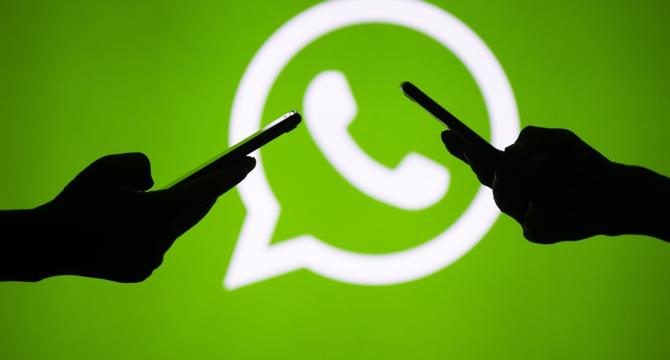TechCrunch
2w
238

Image Credit: TechCrunch
US House bans WhatsApp from staff devices
- The U.S. House of Representatives' top official has banned WhatsApp from government-issued devices used by its staff due to potential security risks.
- The ban was based on concerns regarding WhatsApp's lack of transparency in data protection, absence of stored data encryption, and overall security risks associated with its usage.
- The memo suggests alternatives like Signal, iMessage, FaceTime, and Microsoft Teams for staff communication.
- Meta reported disrupting a hacking campaign involving about 90 WhatsApp users, and the hack was linked to Paragon Solutions, an Israeli spyware maker acquired by an American private equity firm.
- Several governments, including those of Australia, Canada, Cyprus, Denmark, Israel, and Singapore, are reportedly potential customers of Paragon Solutions according to a research report.
- A Meta spokesperson disagreed with the ban, stating that WhatsApp messages are end-to-end encrypted, providing a higher level of security compared to other apps on the approved list.
- The ban was issued by the U.S. House Chief Administrative Officer, and Meta's comment was included in the updated version of the story.
Read Full Article
14 Likes
For uninterrupted reading, download the app